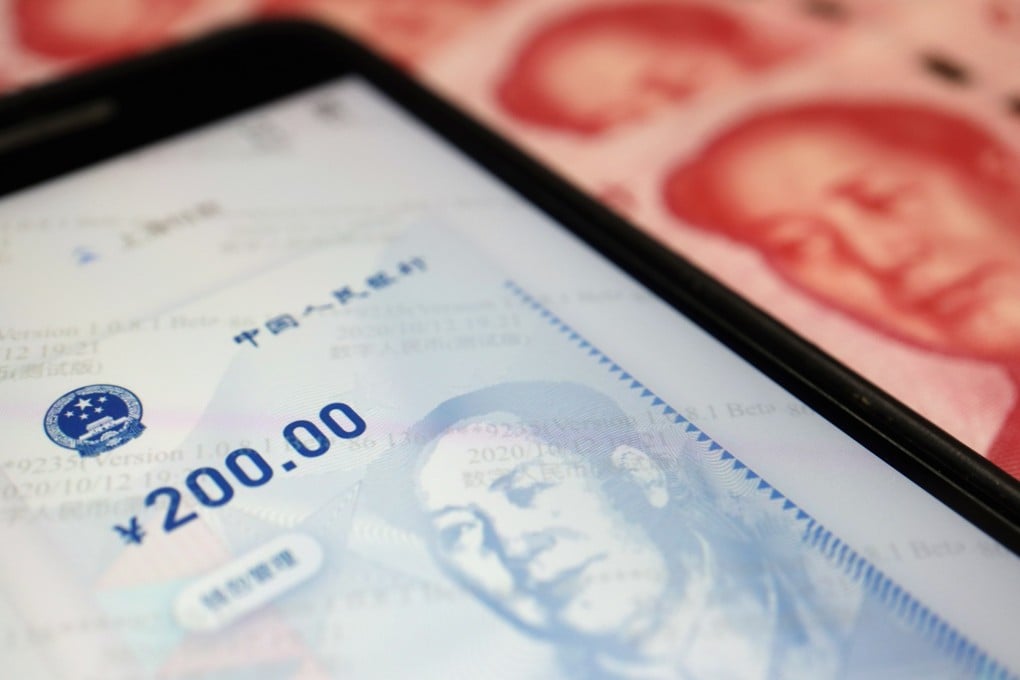Hong Kong could spearhead China’s financial integration with world, digital yuan use: government officials
- Whatever Hong Kong does to fulfil its role, it must serve China’s national strategic goal, says SFC’s Julia Leung
- Undersecretary for financial services says city could be a hub for promoting China’s sovereign digital currency

Hong Kong could play a leading role in easing China’s financial integration with the rest of the world amid Beijing and Washington’s technology and trade war, according to the city’s securities regulator.
“We are on the cusp of [another] breakthrough amid the ongoing US-China technology and trade war. With its robust infrastructure, Hong Kong is in a unique position of playing the role as a connector [to China],” she told a panel discussion at the Asian Financial Forum on Tuesday.
The panel was looking at how the city’s asset management sector, which has US$3.7 trillion in assets under management and employs a sixth of Hong Kong’s financial services workforce, had weathered the past year under the coronavirus pandemic. All members agreed that the city’s financial markets had remained resilient thanks to its role in helping channel fund flows in and out of China.
But given its closed capital account, high on Beijing’s national priority was that any new connection or collaboration that Hong Kong sought to forge with China must not compromise the country’s financial stability, Leung said. The challenge for Hong Kong was that it must demonstrate its ability to ensure China would continue to have financial stability in the process of its liberalisation, she added: “Whatever Hong Kong does [in fulfilling its role], it must serve the national strategic goal [of China].”

01:33
China’s economy accelerated at end of 2020, but virus-hit annual growth lowest in 45 years